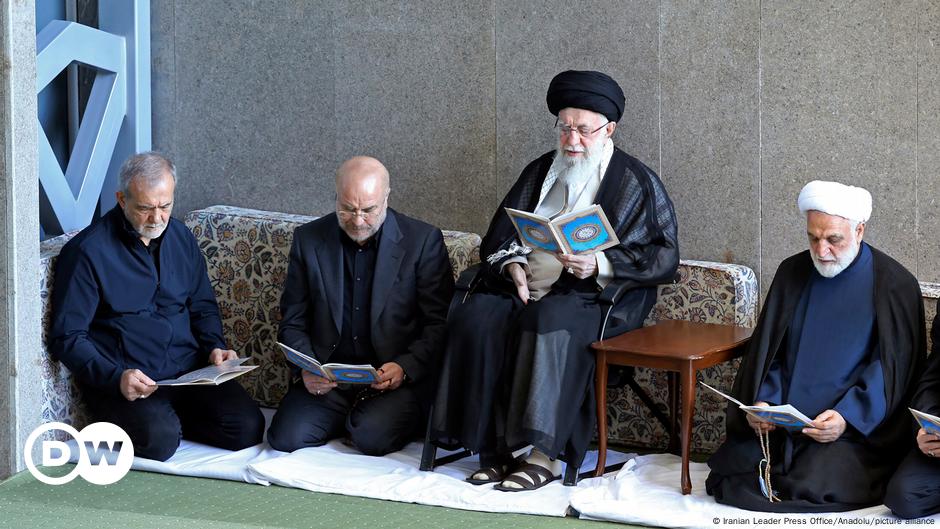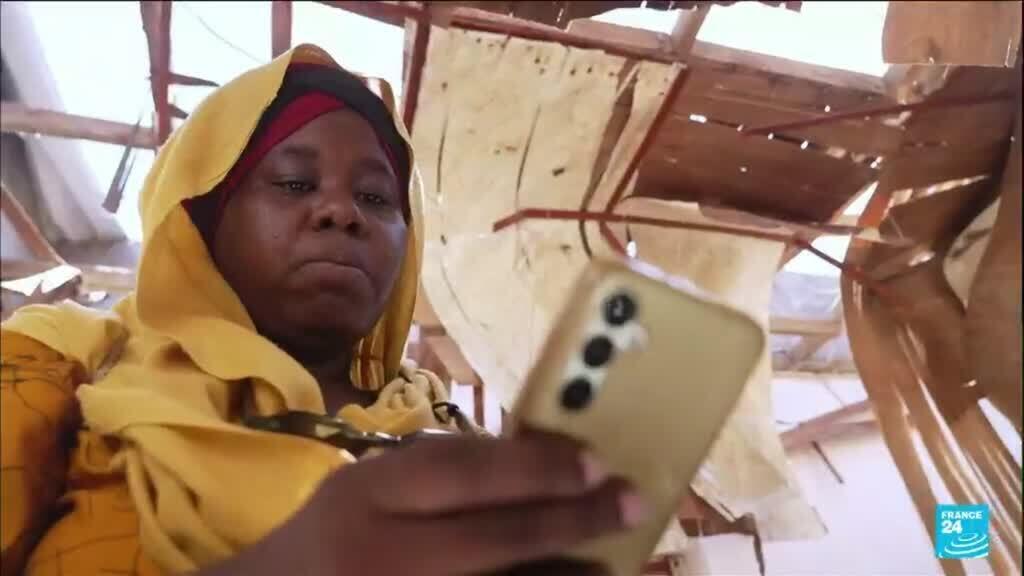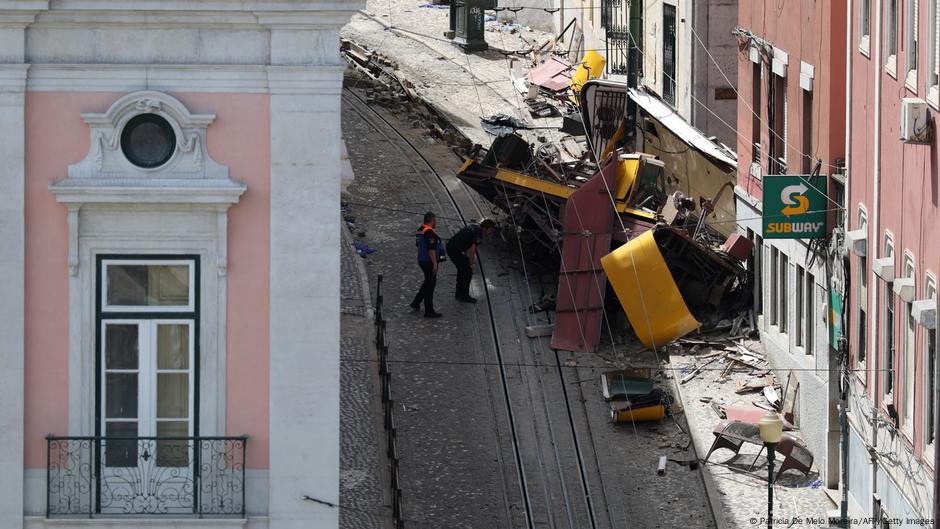“Iran has found itself in a difficult situation for a long time and knows that there is no other way out except change.” This is how Iran expert Arash Azizi summarizes the current predicament for the Middle Eastern nation.
Azizi, a historian and lecturer at Clemson University in the US, said the Islamic Republic’s leadership needs to change its policies and reach an agreement with Western countries to overcome international isolation and economic collapse.
“Iran’s deeply religious regime is concerned about a return to the policy of ‘maximum pressure’ under the Trump administration,” he told DW.
Donald Trump will return to the White House on January 20 and his Iran policy may further increase pressure on the rulers in Tehran. While Tehran’s rulers have had an eventful year so far, there are still a few months left until they can usher in a new year: The new year occurs at the beginning of spring in Iran depending on the solar Hijri calendar. Is.
The political situation has left many Iranians wondering whether their leaders will face a particularly harsh winter this time.
dramatic nine months
The past nine months have witnessed a series of dramatic events for Iran.
In the spring, then-President Ibrahim Raisi, a hardliner and potential successor to supreme leader Ayatollah Ali Khamenei, was killed in a helicopter crash.
His unexpected death led to early presidential elections, which were surprisingly won by Massoud Peshaskian, considered a moderate politician.
Over the summer, the targeted killing of Hamas leader Ismail Haniyeh shocked Tehran.
Hamas has been designated as a terrorist organization by Germany, the US and several other countries.
Haniyeh’s death eliminated a key figure in the “axis of resistance” against Israel and the West. This was followed by the assassination of Hezbollah leader Hassan Nasrallah and the fall of President Bashar Assad’s regime in Syria, events that resulted in the collapse of the said axis.
Azizi said, “In my opinion, it is very possible that the leadership of the Islamic Republic is trying to reduce tensions with the West.”
He pointed to a recent article written by former Iranian Foreign Minister Mohammad Javad Zarif foreign Affairs magazine to support his idea.
In the article, which was published before the fall of the Assad regime and titled “How Iran sees the path to peace”, Zarif stressed Tehran’s willingness to negotiate with the West, including the US.
Azizi underlined, “With regard to Israel, Zarif argues that Iran will accept any agreement that the Palestinians themselves reach. This is an important point.”
Asked whether Iran’s leadership might reconsider its hostility toward Israel, Azizi said, “The question is how to implement it domestically. This is based on Supreme Leader Khamenei’s stance and his lifelong anti-Israel position.” is the opposite of.”
Azizi said it is now important to see “how President Trump and the Israeli Prime Minister will respond to this moment of weakness for the Islamic Republic.”
Nuclear weapons to secure the regime?
The setbacks faced by Iran and its allies in recent months have reignited a debate about military deterrence in the country, including calls for the development of nuclear weapons.
In early December, Ahmad Naderi, a member of parliament from Tehran, announced that now was the time to conduct nuclear weapons tests.
Concerned over rising tensions, Germany, France and Britain held talks with Iran in late November about limiting its nuclear program. “They were talking about negotiating,” Berlin-based political analyst Cornelius Adebuhr told DW.
He said, “It is necessary to have these conversations before Trump takes office. Once Trump comes to office, he may feel under pressure in some way or the other. There are voices which are advising him to take strict action.” Are.”
A plan, or at least the outline of a plan, would be helpful to Europeans, Adebahar said.
‘Concern for peace in society’
The agreement with Western countries is not the only challenge facing Iran’s current government.
There is still no solution to the myriad internal problems facing the country, notably the ongoing dispute with Islamic fundamentalists over strict laws on mandatory headscarves or hijab for women.
The controversial law, which was approved by parliament in September 2023, provides for harsh penalties for women and young girls who refuse to wear the hijab. They can face serious fines, denial of public services, bans from leaving the country, and in severe cases, prison sentences.
The law sparked outrage and anger across the country, forcing Iranian authorities to halt law enforcement.
However, hardliners are pressurizing the government to immediately implement the controversial law.
“The political system is aware that society has become more mature in recent years, especially after nationwide protests under the slogan ‘Women, Life, Freedom.’ Previous methods are no longer effective.
“The new law promotes violence against women and society as a whole. It targets the personal integrity of citizens and violates their right to free choice and self-determined decisions.”
Even an advisor to Supreme Leader Khamenei has criticized the new law. Ali Larijani was quoted as saying, “We don’t need such a law, at best we need cultural persuasion.”
President Pezeshkian also expressed criticism and stressed in an interview with state television that his government was not ready to implement this law, stressing the need for “peace in society”.
It appears that the President and his advisers realize that provoking society at this moment of weakness through legislation that could lead to mass protests could be extremely dangerous for the Islamic Republic.
This article was originally written in German.






Leave a Reply